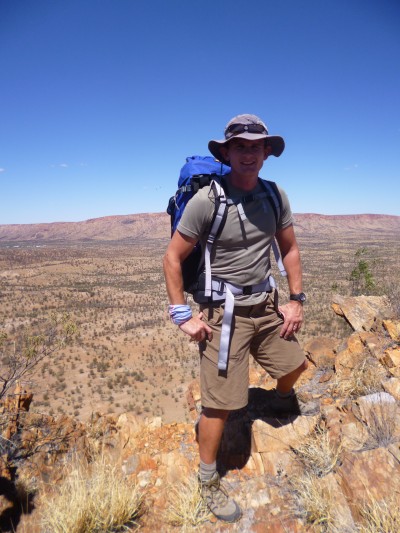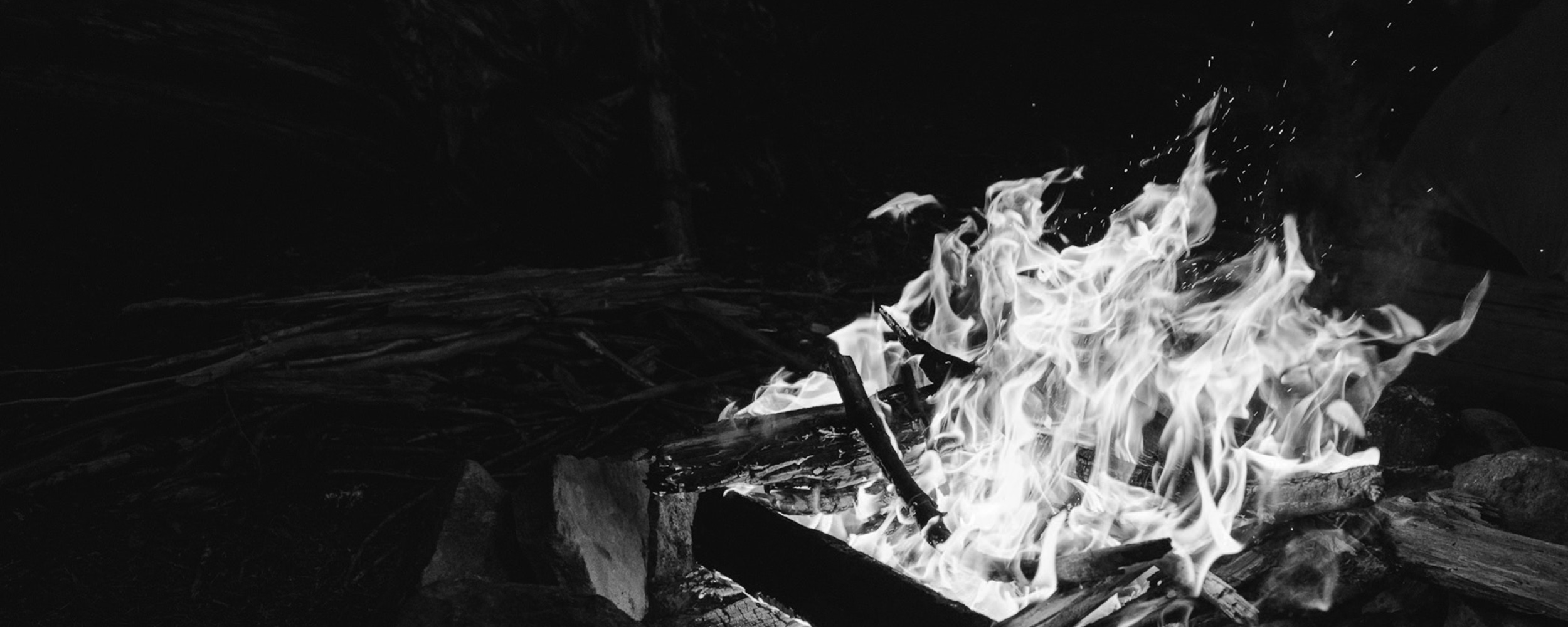
12 Jun The 14 Secrets of Training for an Adventurous Life
Firstly what do I mean with “training for an adventurous life?”
Being able to live an adventurous life is a combination of mentality and ability. You can have an adventurous mentality but if you physically can’t do the adventurous thing you’d planned you’re essentially stuffed, a non-starter! A good adventure can throw anything your way… so be prepared.
 1. To be able to lead an adventurous life you want to be as capable as you can at…. well, everything… with a leaning towards your chosen adventure. A jack of all trades, and a master of SOME. Most adventures, whether it be trekking, mountaineering, trail running safaris or kayaking involve endurance…. but you also need to be able to lift a pack, carry a canoe, climb over stuff, under stuff, etc. Become a master of endurance but don’t forget your strength, your power and your core stability
1. To be able to lead an adventurous life you want to be as capable as you can at…. well, everything… with a leaning towards your chosen adventure. A jack of all trades, and a master of SOME. Most adventures, whether it be trekking, mountaineering, trail running safaris or kayaking involve endurance…. but you also need to be able to lift a pack, carry a canoe, climb over stuff, under stuff, etc. Become a master of endurance but don’t forget your strength, your power and your core stability
2. Plan your adventures. What are you planning to do? Look at exactly what is involved in your adventure. What is your timeline? What other commitments will get in the way of your training program i.e. Christmas, family holidays, work etc Plan your training time-line and work to a program.
3. Track your results…. If you don’t track your progress, how will you know you are getting the right response and doing the right thing. We always tell people if you don’t know were you’ve been, how do you know where you are going?
4. Building a solid endurance base is the foundation of all performance. If you use your cardio vascular system more efficiently all other aspects of your training program will improve more quickly.
5. At the same time build your core strength. Look at your body as a star with your tummy being in the middle. build your strength from the centre of the star outwards
6. Keep your training and your movements functional…. you are training to play in the great outdoors, an ever changing environment. Train in primal movement patterns i.e. push, pull ,bend, squat, rotate.
 7. HIIT training and CrossFit are all the rage and they are effective…. to a point. You are training for endurance, you can’t replace 20Km pack hikes with 20 minute High Intensity sessions. Working across the energy systems is important. We do short blast sessions here at Joe’s Basecamp but they are a small part of the program. Yes you might have a really hard couple of moves on a mixed ice rock pitch to climb that require 3 minutes of intensity but hey the rest of the climb was steady minute after minute arm over arm, leg over leg…. having a sub 3 minute CrossFit “Fran” time would be nice but don’t spend all week doing those style of workouts.
7. HIIT training and CrossFit are all the rage and they are effective…. to a point. You are training for endurance, you can’t replace 20Km pack hikes with 20 minute High Intensity sessions. Working across the energy systems is important. We do short blast sessions here at Joe’s Basecamp but they are a small part of the program. Yes you might have a really hard couple of moves on a mixed ice rock pitch to climb that require 3 minutes of intensity but hey the rest of the climb was steady minute after minute arm over arm, leg over leg…. having a sub 3 minute CrossFit “Fran” time would be nice but don’t spend all week doing those style of workouts.
8. By the same rote, just running more or just walking more or just climbing more is shown to be not as affective as training properly for your adventure. We have come a long way in the last 50 years, as has exercise science and science has proven how to improve performance. Just doing more of the same thing is good conditioning but can  lead to wear and tear and over-use injuries or compound existing weaknesses in your kinetic chain. Find someone who knows what they are doing, understands what you are doing…. and listen to them!!
lead to wear and tear and over-use injuries or compound existing weaknesses in your kinetic chain. Find someone who knows what they are doing, understands what you are doing…. and listen to them!!
9. Recover, plan your rest time…. the body needs it. This is my biggest bug bear. Train wisely NOT more!!! Overtraining results in injury or poor performance time after time after time. Do you want to go on your trip half broken or feeling great, strong and refreshed??
10. Refuel and rehydrate: eat properly. Eat whole foods, plenty of meat, fish, fowl, heaps of veggies, good fats and carb dense foods where needed and warranted. You will find it hard to run a 100km Ultra or do a day in the mountains on a low carb diet. Eat sensibly for the adventure you are training for.
11. Replicate the terrain where possible. If you are doing an ultra, a treadmill is NOT the same as running on trail in the dark. In the gym, if your trekking don’t just stay flat, add box step ups and multi directional lunges or overstep lunges to replicate the movements patterns of an incline broken path.
12. Always test your gear and where possible or if relevant your nutrition protocols whilst in your training phase rather than trying something new whilst on your adventure. This can make the difference between a great time or a completely bloody miserable time…. or worse it could turn out dangerous.
13. At least once per week train unplugged. I see people off in their own
little worlds, iPods on all the time. Everybody needs to spend time unplugged outdoors. If you love running with music that’s great but once a week, leave it at home. Listen to yourself, the trees, the sea, the birds…YOURSELF! Yes, check in with yourself, run with gratitude, think of where you are going, why you are training. Be present!
14. Have fun, enjoy the journey, learn to love the accomplishment, the discipline and the improvements. The harder you train the easier you will find your adventure. Put the hard yards in now and reap the rewards rather than getting halfway through your journey and realising you are under prepared as that can be a very expensive mistake in more ways than one.
(c) Joe Bonington 2015










Sorry, the comment form is closed at this time.